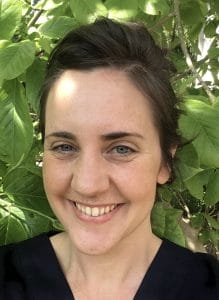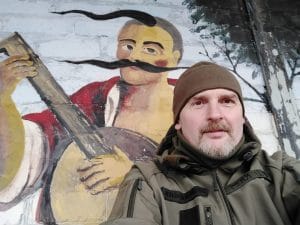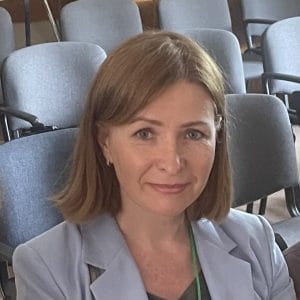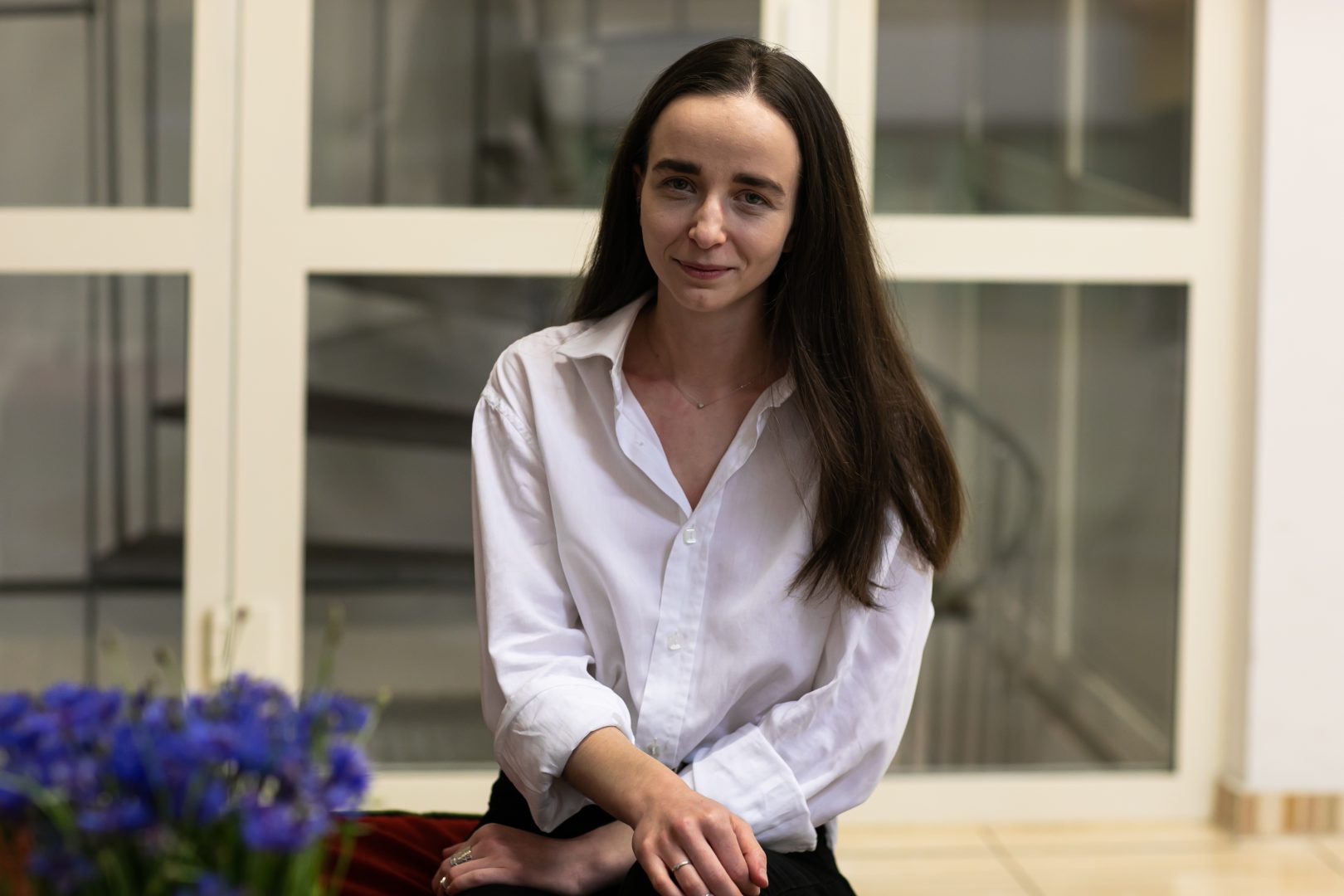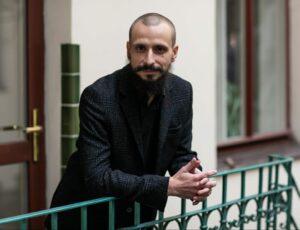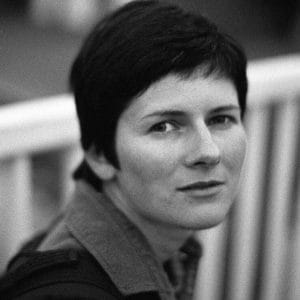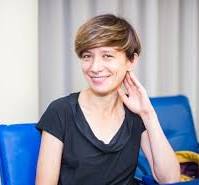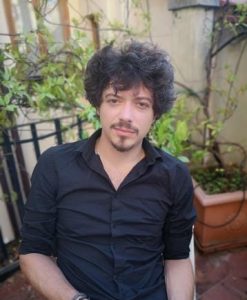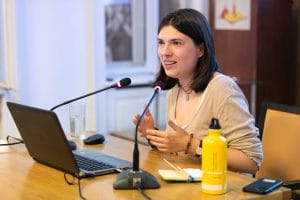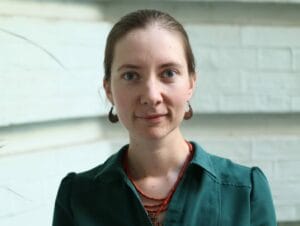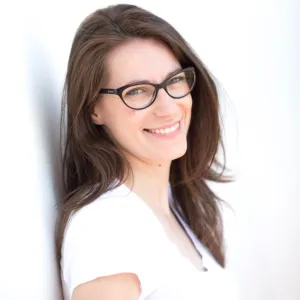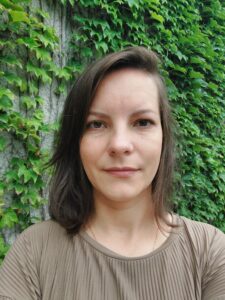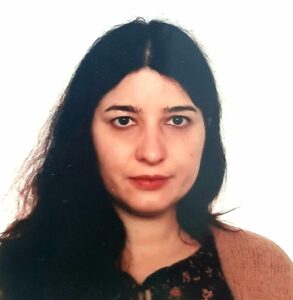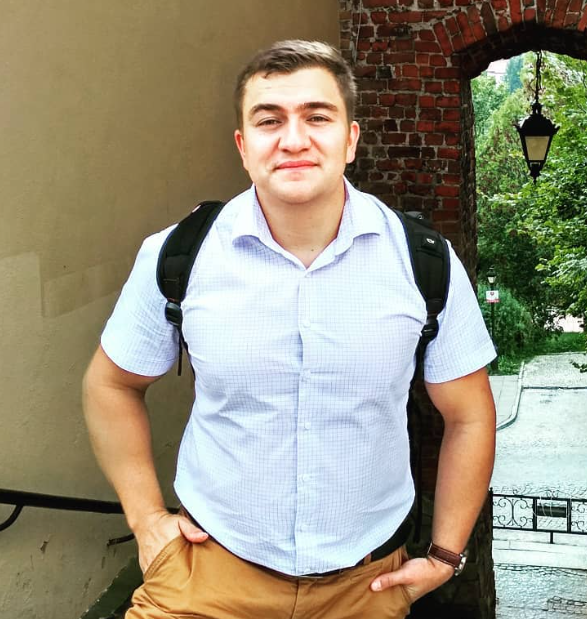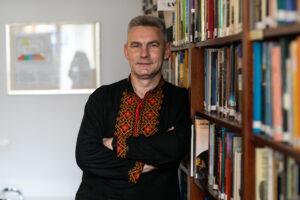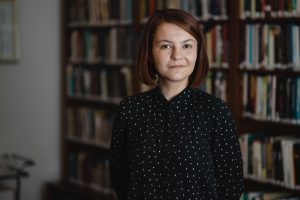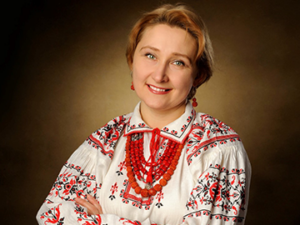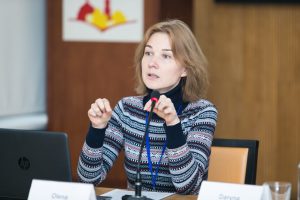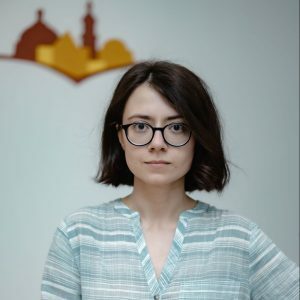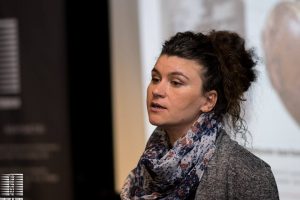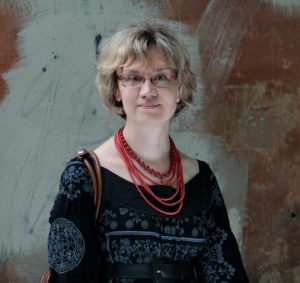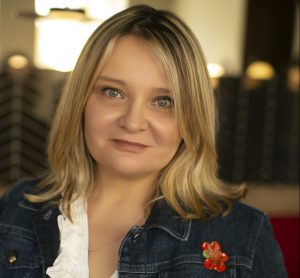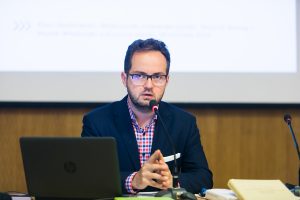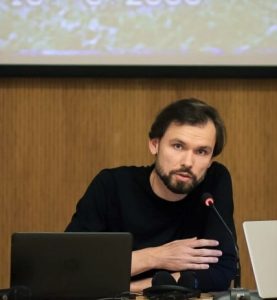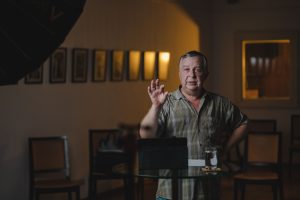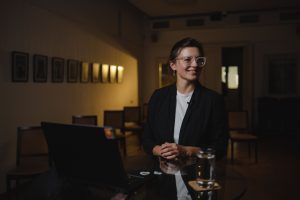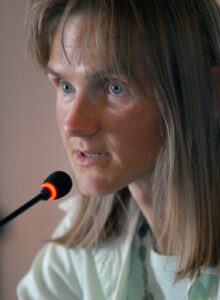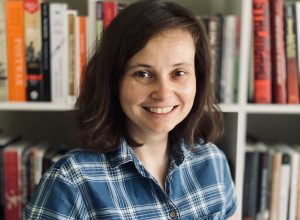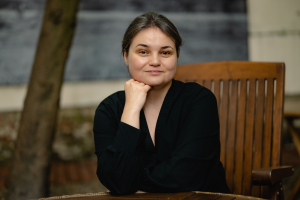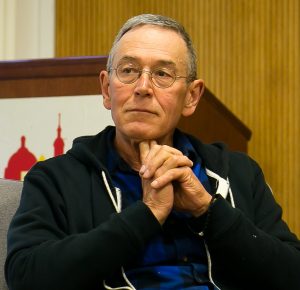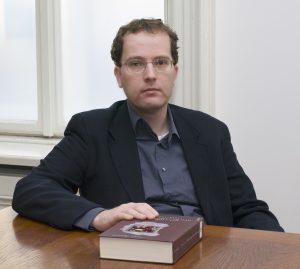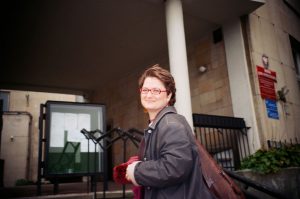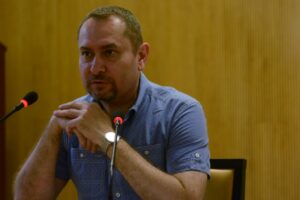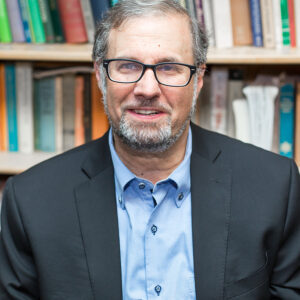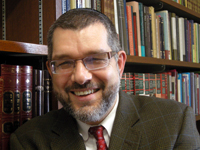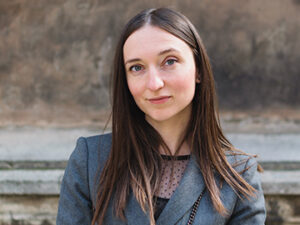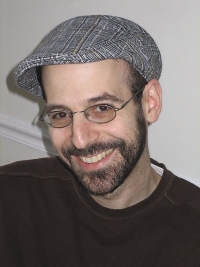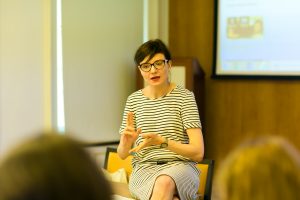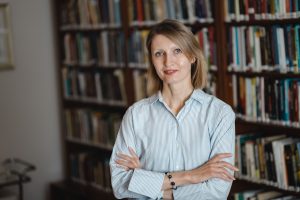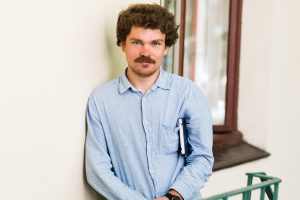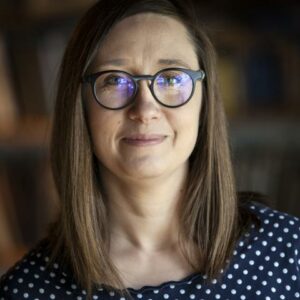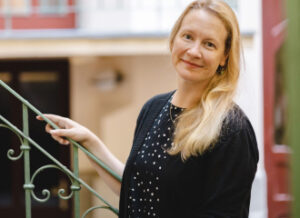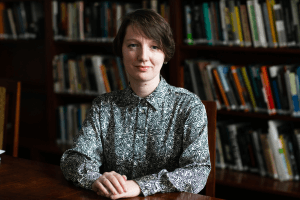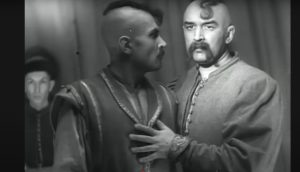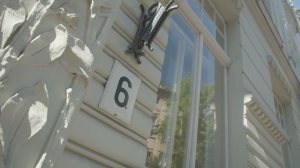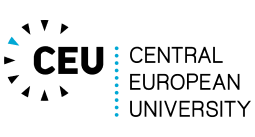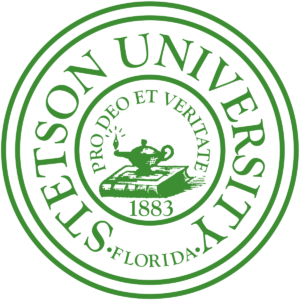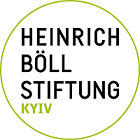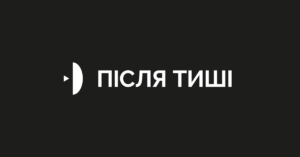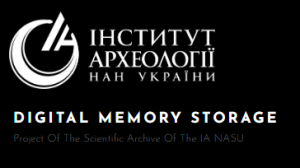Creating a collaborative space for learning about history and culture
Decentering the curriculum of Eastern Europe by diversifying primary sources
Bridging academic and public audiences
Amplifying voices, individual experiences, and perspective from below
Sharing reflections on learning and teaching about Eastern Europe
Last added
“We are all Zionists, because we would all run away from here at the first opportunity”: a travelogue from Skala in 1937
The two excerpts presented here are drawn from Chone Gottesfeld’s travelogue and describe events in Skala, a small Galician town in the Second Polish Republic. In these passages, the author contrasts his experiences of Skala from his youth with what he encountered upon returning many years later after emigrating. His observations illuminate the complex processes through which modern Jewish identity took shape. Both excerpts recount events in which the author himself participated. The central theme of each fragment is the comparison between past and present experiences, which reveals how the politicization of the Jewish population in the Galician province unfolded in practice. The first passage examines the formation of the political worldview of...
Rokhl Auerbach on Taras Shevchenko, 1936
The article "Memories of Taras Shevchenko" was published on April 26, 1936, in the weekly Opinia. This was a Jewish newspaper, ideologically close to Zionism, published in Polish from 1933 to 1939. The editorial staff of the weekly initially worked in Warsaw but, in 1936, due to censorship problems, was forced to move to Lviv. The author of the article was Rokhl Auerbakh, known primarily as one of the archivists of the Oyneg Shabes organization (in Hebrew, "Joy of Saturday"), which collected documents and testimonies on the initiative of historian Emanuel Ringelblum, and as the organizer of a kitchen in the Warsaw Ghetto. She devoted her entire post-war life to researching and honoring...
Growing Up in Skala: A Galician Shtetl Seen through a Teenager’s Eyes
The excerpts presented here are drawn from the memoirs of Fanya Gottesfeld, a Jewish girl from the Galician town of Skala, who survived the Holocaust. In her recollections, she revisits her youth, which unfolded in interwar Poland. Her account bears a distinctive quality: at the onset of the Holocaust, she was eighteen years old—old enough to perceive and record the events unfolding around her, yet still young enough for her reflections to remain free from the hardened frameworks of political dogma or inherited prejudice. Her memories can be interpreted through five overlapping contexts—cultural, economic, political (interethnic), and ethical. The following analysis engages with each of these dimensions to reconstruct the anthropological perspective of...
\\
The excerpts presented here are drawn from the memoirs of Fanya Gottesfeld, a Jewish girl from the Galician town of Skala, who survived the Holocaust. In her recollections, she revisits her youth, which unfolded in interwar Poland. Her account bears a distinctive quality: at the onset of the Holocaust, she was eighteen years old—old enough to perceive and record the events unfolding around her, yet still young enough for her reflections to remain free from the hardened frameworks of political dogma or inherited prejudice. Her memories can be interpreted through five overlapping contexts—cultural, economic, political (interethnic), and ethical. The following analysis engages with each of these dimensions to reconstruct the anthropological perspective of...
‘Fashion Show’ in late Soviet Pokrovsk, photo by Mykola Bilokon
This image, taken by Mayak photojournalist Mykola Bilokon, shows a woman on a catwalk demonstrating some of the clothing manufactured by ‘Rainbow’ sewing factory in Krasnoarmeisk (today’s Pokrovsk), in the Donetsk region. The woman is dressed in a floral print, dagger-collared, button-down dress and woollen, belted, armless cardigan and wears a contemporary backcombed hairstyle and makeup. An audience made up of different generations of Pokrovsk residents watches the show. Their clothing and hairstyles also demonstrate the changing fashions of the 1970s and 1980s. While some women in their 40s and 50s (born in Stalinist 1930s and 1940s) wear knee-length, possibly homemade, patterned floral dresses and headscarves, some younger members of the audience wear...
Authors
News
Partners and support
FAQ
How to cooperate with the Educational Platform?
We invite university instructors, Ph.D. students, and all history lovers to participate in the development of the Platform and the use of its resources in teaching and learning about Central and Eastern Europe.
How to get materials from the Educational Platform?
You can get digital materials by registering and creating your own account or by sending a letter to edu@lvivcenter.org After that, you can freely download materials from our resources.
Can I become the author of an educational module or share my own sources with the Educational Platform?
We will be happy to work with researchers who have experience working with archival and private collections and have had direct access to sources or hard-to-reach archives. Please contact edu@lvivcenter.org with proposals for cooperation.
What are the conditions for using the resources of the Educational Platform?
We adhere to the Creative Commons license for the use of copyright objects (CC BY-NC-ND). It means we allow users to upload content and share it with others, as long as they give credit to the authors and don’t use these materials for commercial purposes.


